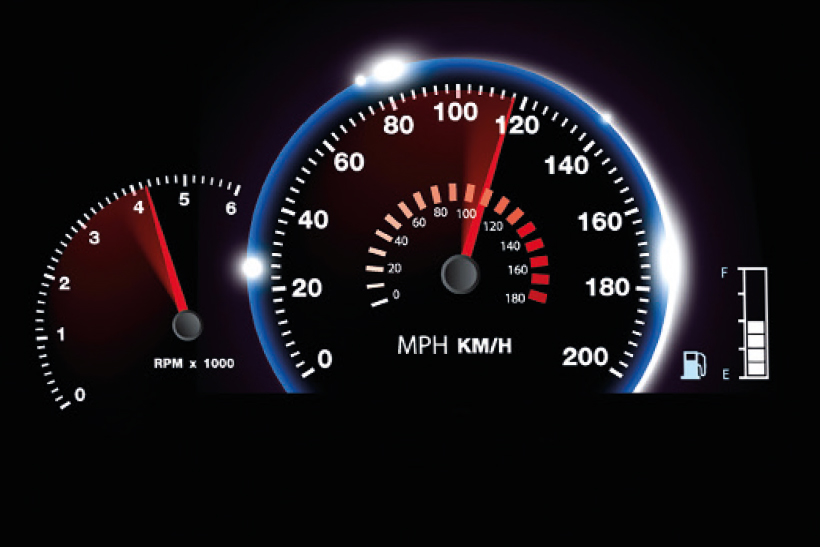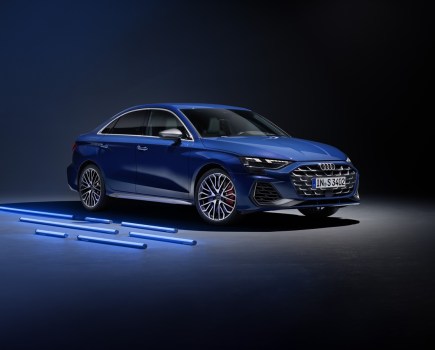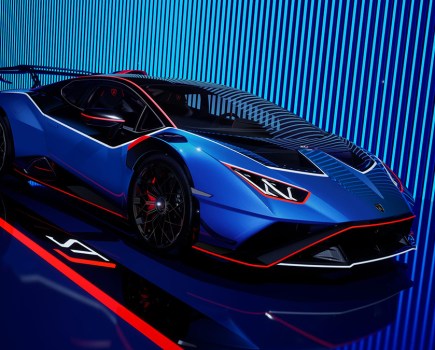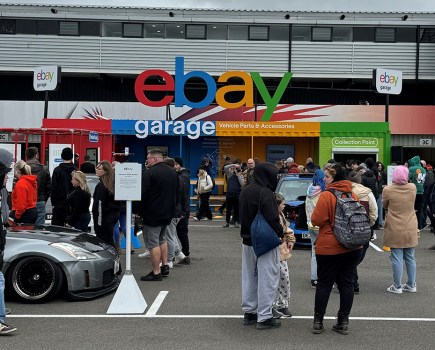Speed limiter legislation could be coming, here’s what you need to know…
You’ve probably heard in the news that the European Parliament is planning to introduce mandatory speed limiters in all new cars from 2022, which would apply to UK sales despite Brexit. The idea is to use the Intelligent Speed Assistance (ISA) system, which reads speed limit signs as well as using GPS data to limit a car’s speed. It gets properly Big Brother when you learn that the plan would also introduce monitoring of driver drowsiness, lane-keep assist, and a data-logger to record what a car is doing before and during accidents. It’s not just the EU that’s working on these changes either – Volvo have recently announced that they’ll be limiting all cars to 112mph from 2020, which had a number of people up in arms, but it’s not worth actually getting too hysterical over it.
Consider the fact that Japanese cars have all had that same limit since 1988 – hasn’t stopped them developing some pretty seismic performance cars, has it? It should actually make cars better too: if everything’s being engineered for 150mph+, it means tyre and suspension technology has to be more heavy-duty, window seals need to be more hardcore, cooling systems have to be beefier, and so on; remove the necessity to plan for all this, and cars will become lighter and less complex, and that can only be a good thing. Besides, when do you ever go above 112mph? If you’re planning to do so on track or the dragstrip, aftermarket tuners will have a workaround to bypass the limiter; you won’t need to worry about that.
Returning to the ISA system, it’s also worth bearing in mind that, much like the speed-limiter systems already used by the likes of Mercedes-Benz and Volkswagen, you can switch it off. It’ll automatically be armed each time you turn the engine on, but it’ll only take the press of a button to disarm it. You have to be able to disable it as a fail-safe, because the technology isn’t yet good enough for speed limiter systems to function properly on smart motorways or roadworks with temporary speed restrictions.
The key thing to remember is that the system is to encourage you to slow down, not to force you. Of course, if the data-logging system proves you were speeding or driving erratically prior to an accident, it’ll make it very easy to convict you, but it’s not going to call the police every time you creep up to 71mph on the motorway.
The introduction of ISA isn’t a done deal as it still needs to be voted on after the European elections in May, and then all member states will need to agree on it – but if it does happen, it really isn’t anything to panic about.
One interesting point to note, however, is that if ISA does go through from 2022, the new cars of 2021 will become proper collectors’ items. Much like the American muscle cars built before the 1970 Clean Air Act are more desirable because of their higher horsepower, the 2021’s sports cars will be the last of the old-school breed. The idea of owning the last pre-ISA Porsche 911 or Ford Focus RS will tantalise investors not just in the decades to come, but in the very near future…







